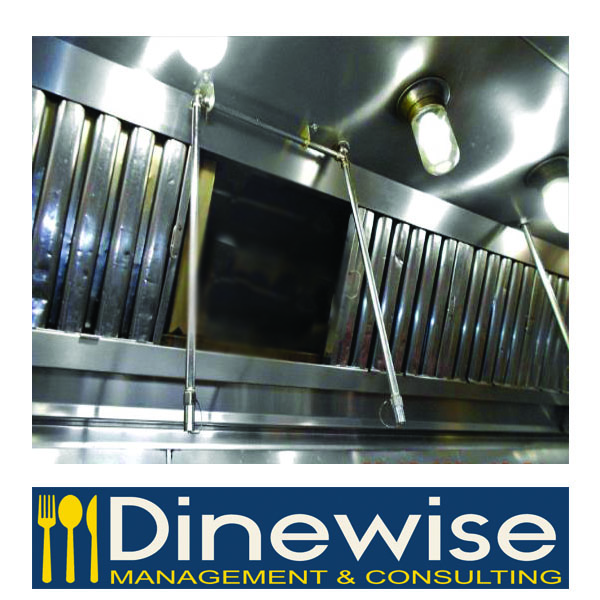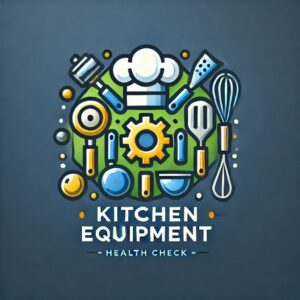“What about the hood and the extractor?”
Fire Safety Regulations
It is a legal requirement to ensure that kitchen extractor hoods are regularly cleaned and maintained to prevent fire risks and ensure hygiene. This requirement is governed under several regulations and standards, which include:
Building Regulations: Under the Building Regulations, it is mandatory for all commercial kitchens to have appropriate measures for fire prevention and safety. This includes maintaining all ventilation systems, such as extractor hoods, to prevent the buildup of grease and other flammable substances.
Fire Services Acts: These acts require that adequate precautions are taken to prevent the occurrence of fires, which includes the maintenance and cleaning of kitchen extraction systems.
Health and Safety Regulations
Safety, Health and Welfare at Work Act 2005: This act requires employers to provide a safe workplace, which includes maintaining all equipment to prevent health risks, such as poor air quality or fire hazards. Regular cleaning and maintenance of extractor hoods fall under these obligations to ensure the removal of contaminants and reduce fire risk.
Hygiene and Food Safety Regulations
HACCP (Hazard Analysis Critical Control Point) Systems: While HACCP guidelines primarily focus on food safety, part of ensuring a safe food preparation environment includes maintaining kitchen cleanliness and air quality, which involves the upkeep of extractor hoods.
European Union (Hygiene of Foodstuffs) Regulations 2020: These regulations require food business operators to ensure that their premises, including all equipment and surfaces, are kept in good repair and condition, which indirectly involves maintaining extraction systems to prevent contamination.
Recommended Practices:
Regular Inspections and Cleaning: It is advisable for businesses to conduct regular professional inspections and cleanings of their kitchen extractor systems. The frequency of cleaning depends on the usage level of the kitchen, types of food cooked, and other risk factors.
Documentation and Records: Keeping detailed records of maintenance and cleaning schedules, as well as any services performed, is important for compliance with health and safety audits.
Failure to comply with these regulations can result in fines, legal action, or even closure of the business in severe cases. Regular maintenance not only ensures compliance with legal requirements but also improves the efficiency and lifespan of the equipment.
Conclusion from DINEWISE:
Best practices are crucial as they go beyond minimum legal standards to further enhance food safety, improve quality, and reduce risks. Ideally, best practices should complement legal obligations, ensuring optimal safety and quality for consumers.
Dirty kitchen extractor hoods and chimneys are an extreme fire hazard. I have seen kilos and kilos of highly flammable fat being removed. Get it done frequently and properly, not just the shiny outside.
“The Smiles That Keep Them Coming Back”
Winning Hearts, One Plate at a Time









